Introduction
Imagine a world where every diagnosis is faster, treatments are personalized to perfection, and disease management is more precise than ever before. This is not a distant dream but a reality being transformed by the remarkable capabilities of Generative AI in healthcare. This section talks about the applications of generative AI in the healthcare industry. Learn how this clever technology is creating new healthcare solutions, changing how medicine works, and making care even better.
What is Generative AI?
Generative AI is a type of artificial intelligence that is designed to create new content or data that is similar to what it has been trained on. It can generate things like images, text, music, or even videos. By learning patterns from existing data, generative AI can produce new, original content that resembles what it has seen before. It is like a creative assistant that can make new things based on what it has learned from existing examples. Some popular examples of generative AI include style transfer for images, text generation models like GPT-3, and deep learning models for generating artwork.
The technology has a long history, going back many years. The concept of generative models emerged in the 1970s with early attempts to create computer programs capable of generating new content based on patterns in existing data. However, it was not until the rise of deep learning and neural networks in the 2010s that generative AI really started to flourish. Breakthroughs in deep learning techniques such as GANs (Generative Adversarial Networks) and RNNs (Recurrent Neural Networks) enabled significant advancements in generative AI.
Over time, generative AI has evolved to create more sophisticated and realistic content. This spans across various domains, including images, text, music, and videos. Researchers continue pushing the boundaries of what generative AI can achieve, leading to exciting possibilities and ethical considerations. The field of generative AI is constantly evolving, with ongoing research focusing on improving the capabilities and applications of these intelligent systems.
How does Generative AI work in healthcare?
Generative AI in healthcare uses machine learning to analyze large amounts of text and images. This data comes from the input provided to the generative AI tool. The AI generates its results by making educated guesses based on the data it has learned during training.
In this industry, generative AI plays a significant role by potentially revolutionizing diagnostics, drug discovery, and treatment planning. Through its ability to understand patterns and generate new data, generative AI can analyze complex medical images, predict patient outcomes, and even assist in personalized medicine.
Generative AI has the potential to accelerate research and development processes by generating new drug candidates and simulating biological processes. It can also create synthetic data for training medical models. While there are challenges, such as privacy concerns and ethical considerations, the use of generative AI in healthcare showcases the transformative power of AI technology. It is improving patient care and advancing medical science.
Applications of Generative AI in Healthcare
There are a lot of generative AI applications in the healthcare sector that simplify complex processes, making them more efficient and effective. Generative AI utilizes advanced algorithms to create valuable tools for diagnosis, treatment, and patient care. From generating synthetic data for research to enhancing medical imaging and personalized treatment models, the applications of generative AI revolutionize how healthcare professionals provide accurate and efficient care to their patients.
Let’s have a look at the key applications here.
Medical Imaging
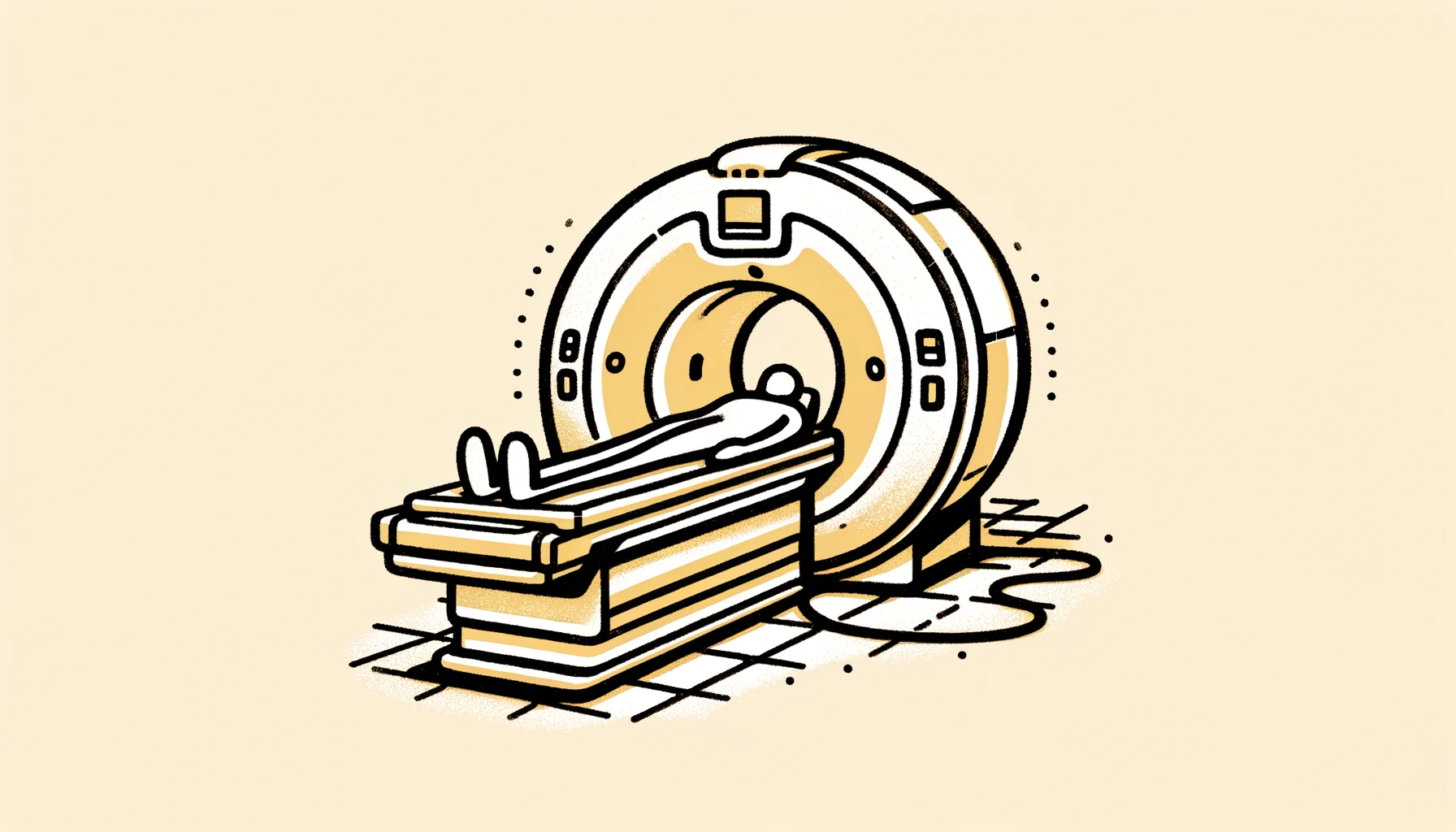
Generative AI in medical imaging uses advanced algorithms to create detailed images of the human body based on existing data. It can enhance the quality of X-rays, MRIs, and CT scans, providing more accurate diagnoses and treatment plans. By generating realistic images, this technology helps doctors detect diseases and abnormalities and track changes in patients’ health over time.
Automating Administrative Tasks

Generative AI can be used to automate administrative tasks in healthcare, such as medical coding, billing, and scheduling appointments. By using algorithms and machine learning, this technology can streamline processes, reduce human error, and improve efficiency in healthcare settings. This means healthcare providers can spend less time on paperwork and focus more on patient care.
Drug Discovery
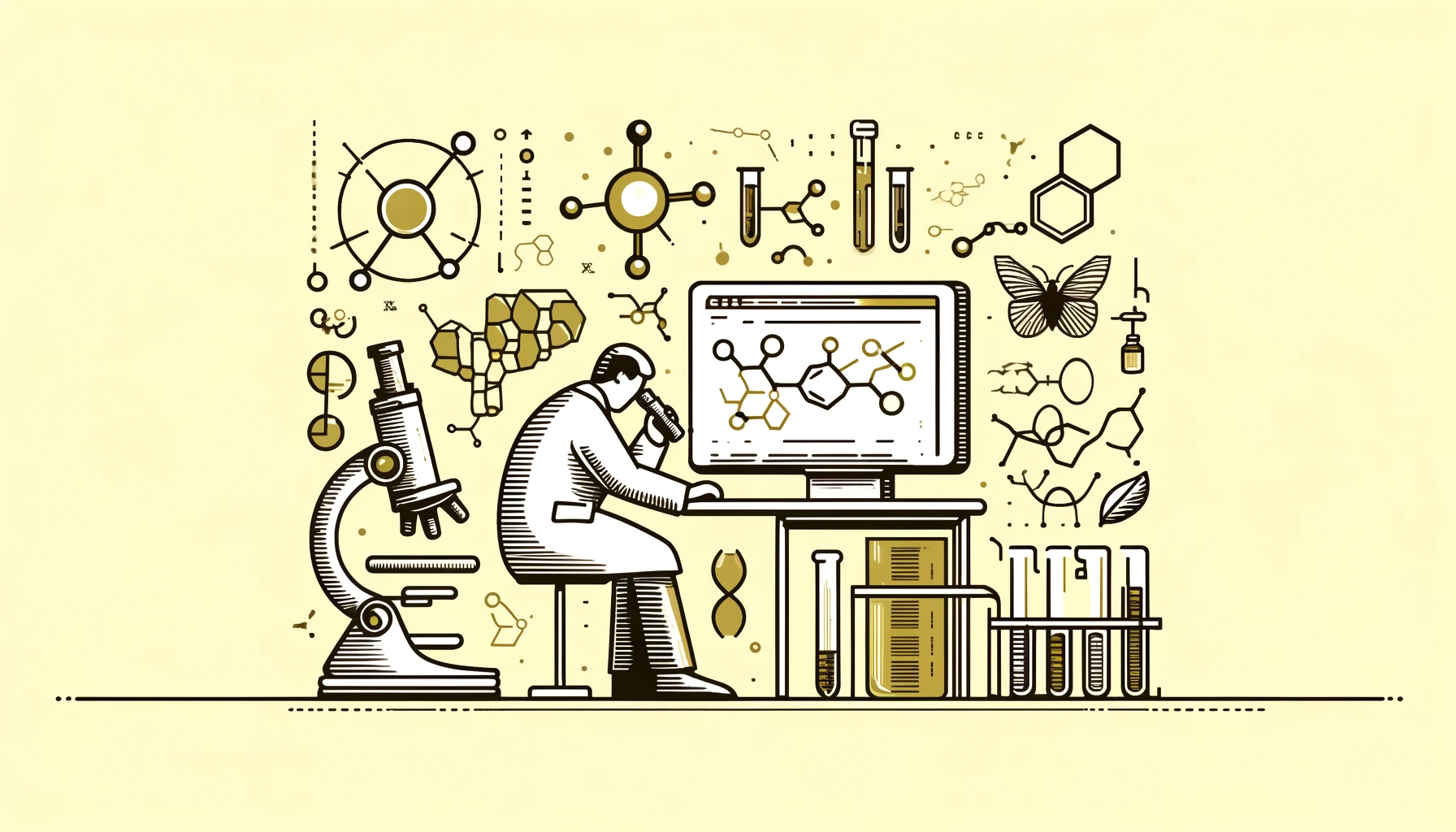
The technology is revolutionizing drug discovery by accelerating the process of identifying and developing new medications. Traditional drug discovery methods can be time-consuming and very expensive. By using generative AI, researchers can quickly generate novel drug compounds, predict their efficacy, optimize them for specific targets, and reduce the need for extensive laboratory testing. This approach enables the exploration of a vast chemical space, leading to the discovery of innovative drugs faster than ever before. Additionally, generative AI can help in identifying potential side effects and interactions. This assistance ultimately contributes to the creation of safer and more effective treatments for various diseases.
Personalized medicine
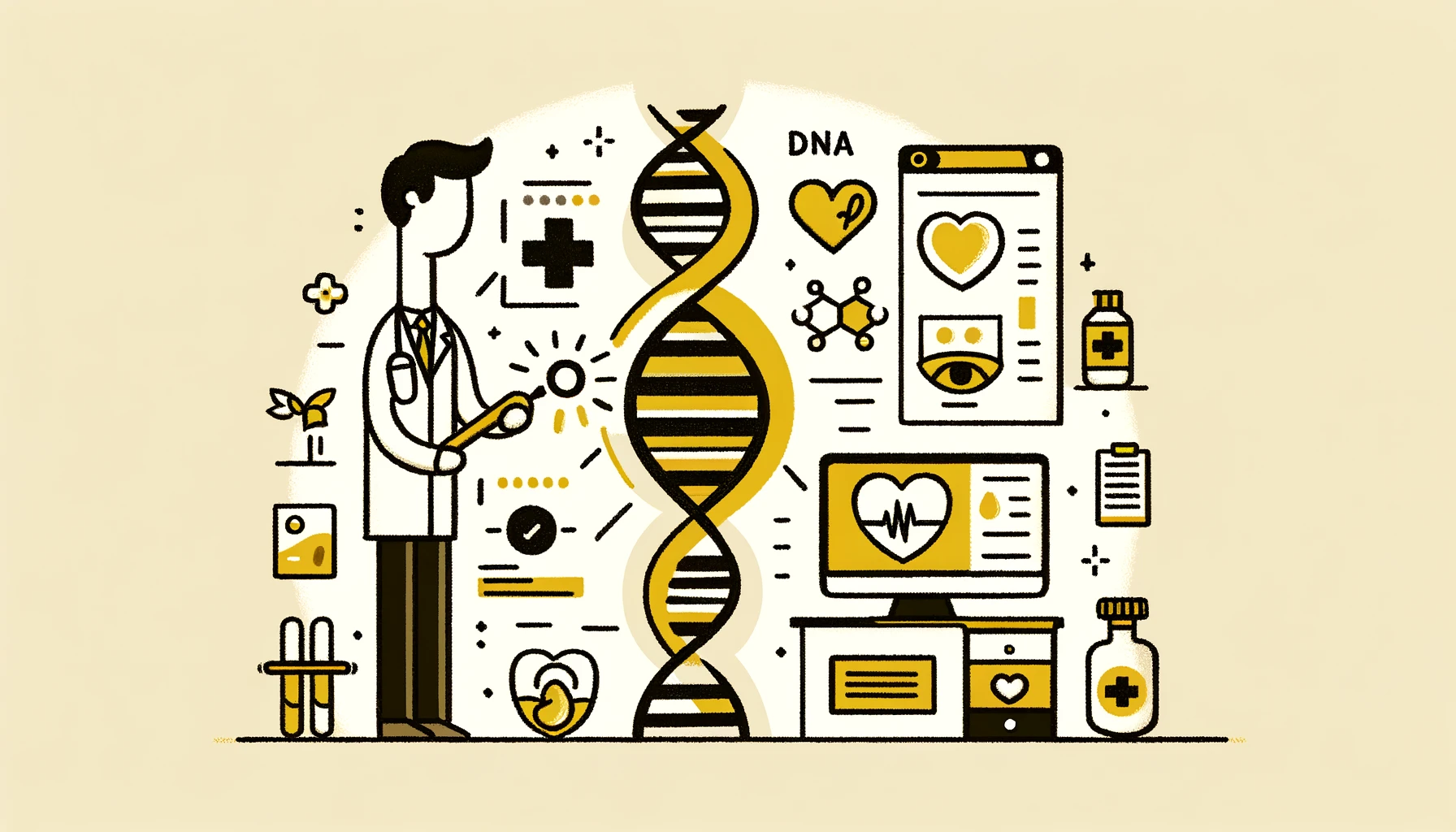
By using generative AI algorithms, healthcare professionals can analyze vast amounts of patient data to predict specific medical outcomes, develop personalized treatment plans, and identify potential risks. These applications enable precision medicine approaches by customizing therapies based on a patient’s genetic makeup, lifestyle factors, and medical history. As a result, this technology contributes significantly to enhancing patient care and advancing overall efficiency.
Disease diagnosis
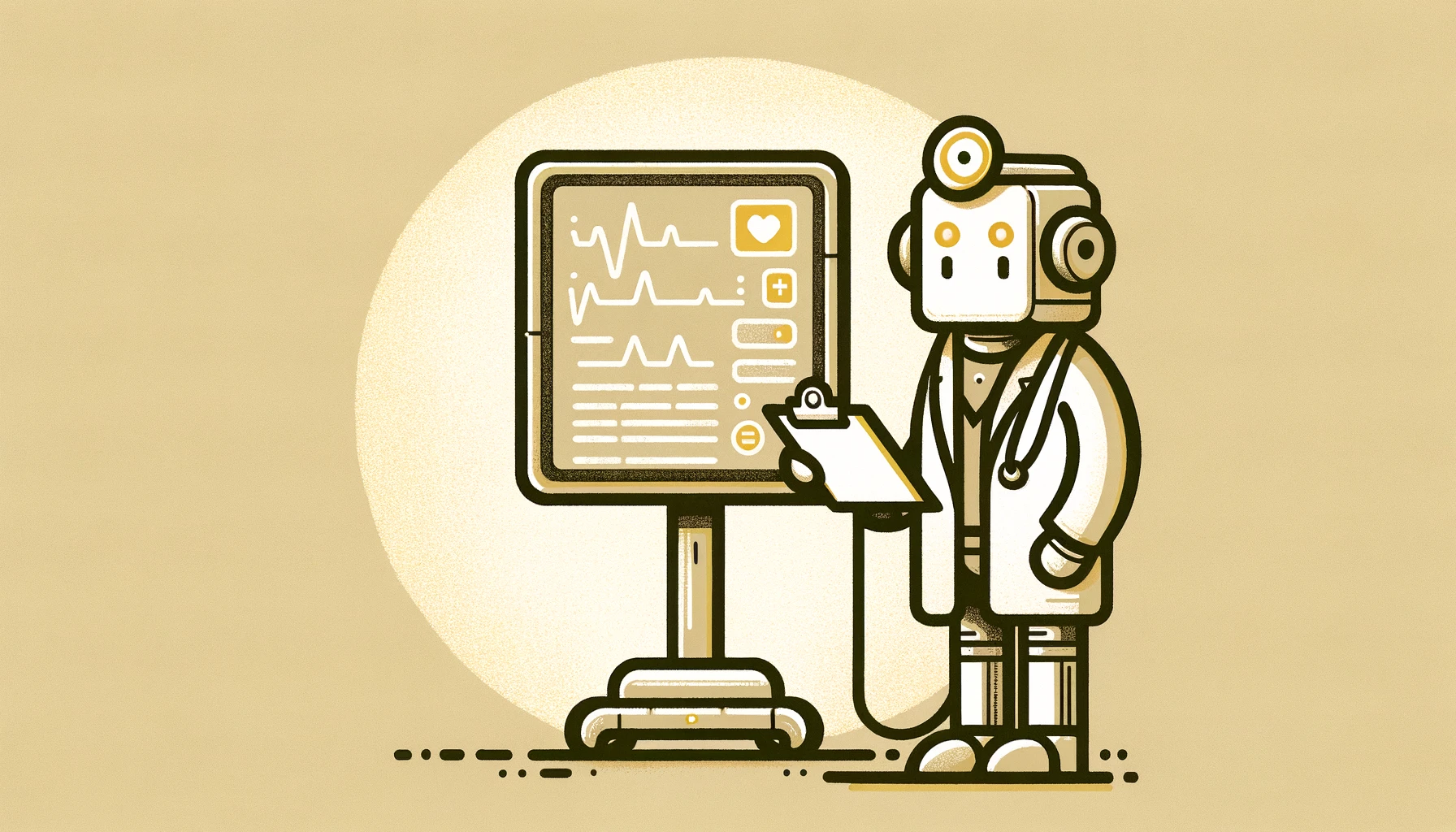
Generative AI has the potential to use fancy algorithms to analyze a lot of medical data and records, spotting diseases accurately. Through innovative techniques such as machine learning and deep learning, generative AI tools make disease detection faster and more precise. This means professionals can diagnose conditions earlier, tailor treatments, and ultimately improve patient outcomes. In short, by tapping into these high-tech advancements, healthcare professionals are saving lives and enhancing the quality of patient care.
Predictive maintenance of medical devices
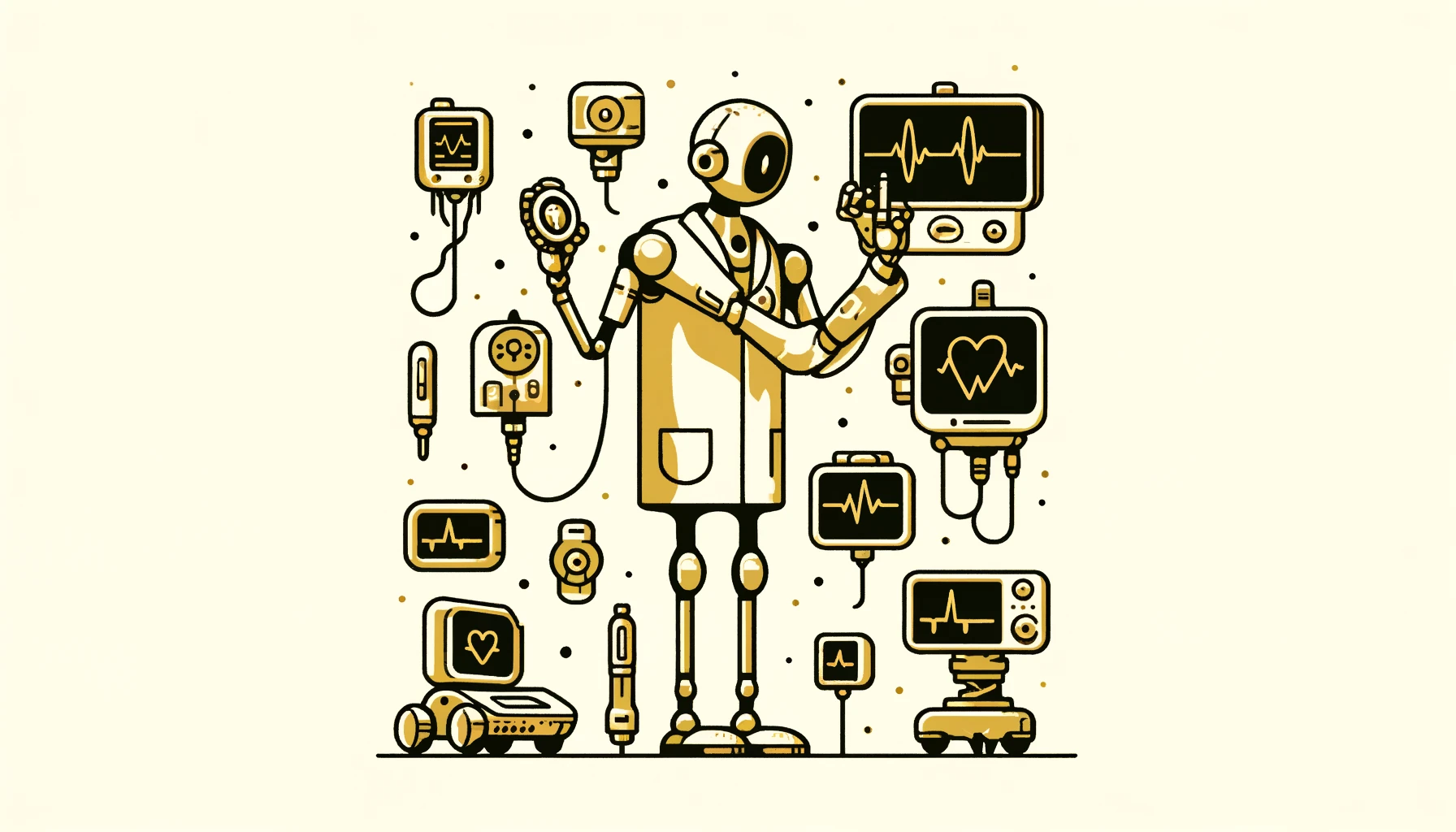
This technology helps healthcare providers predict potential equipment failures before they happen, ensuring patient safety and operational efficiency. By continuously monitoring and analyzing data, generative AI algorithms can detect signs of malfunction early. This capability enables timely interventions and minimizes downtime in healthcare facilities. These systems also optimize maintenance schedules, saving costs and extending the lifespan of medical equipment. With the ability to learn and adapt over time, generative AI models enhance the accuracy of maintenance predictions. This, in turn, ultimately enhances patient care and supports seamless operations in healthcare facilities.
Medical research and data analysis
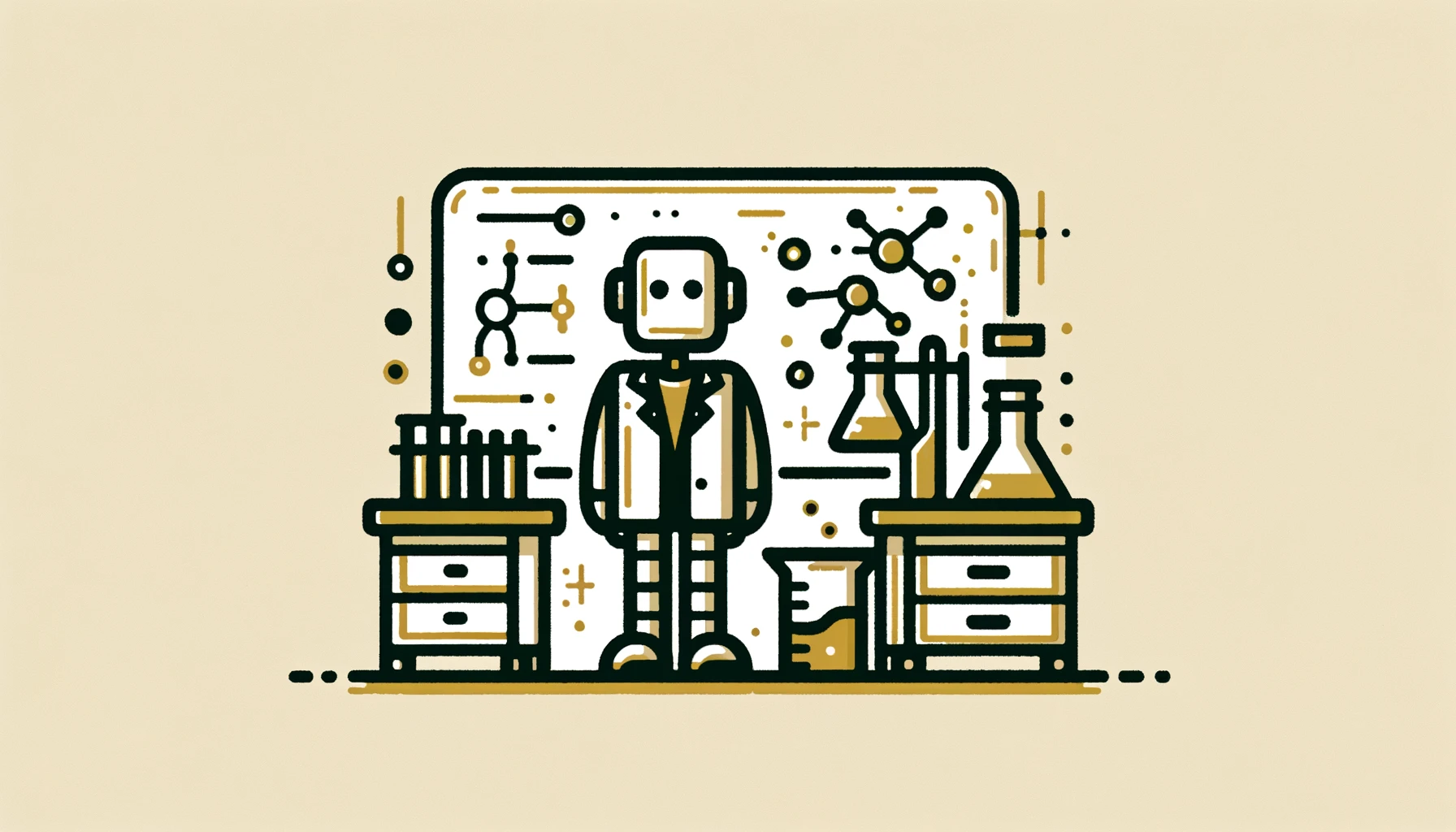
GenAI is revolutionizing healthcare by transforming medical research and data analysis processes. This advanced technology allows researchers to analyze vast amounts of data, predict disease progression, and develop personalized treatment plans with greater precision. By uncovering hidden patterns in medical data, Generative AI helps identify new biomarkers, predict patient outcomes, and accelerate drug discovery. Additionally, it enables the delivery of tailored treatments based on individual characteristics and genetic profiles, thereby enhancing therapeutic effectiveness and patient care. As Generative AI continues to evolve, its integration into healthcare promises to drive innovation. It will improve treatment outcomes and shape the future of medicine.
Virtual patient generation
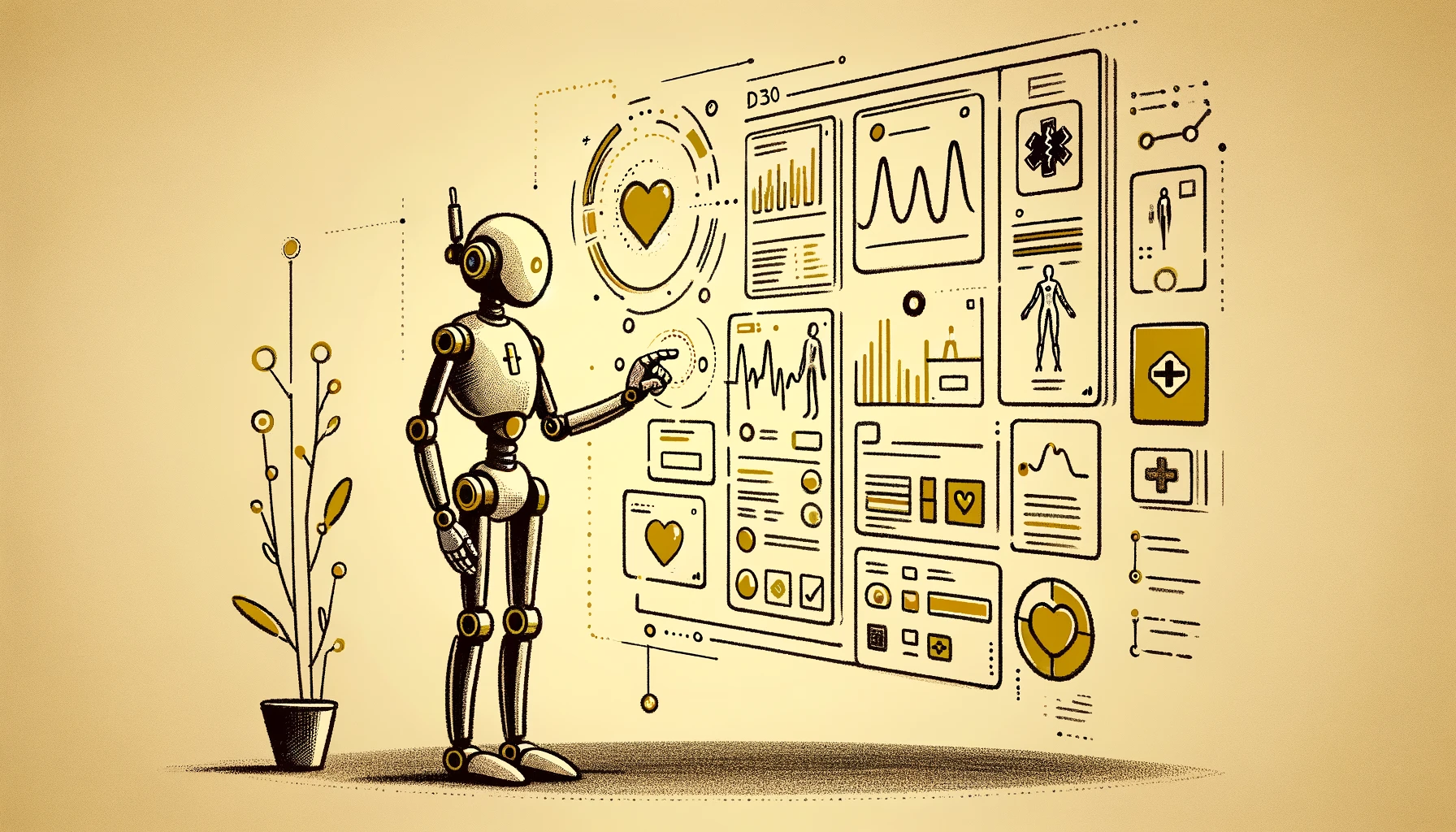
Generative AI has enabled the development of virtual patient generation in healthcare. This advances technology that creates realistic patient scenarios for medical training and practice. By using advanced algorithms to simulate complex medical conditions and treatment strategies in a controlled digital environment, this innovation has the potential to transform the healthcare industry in the future. While the full extent of its impact is yet to be seen, virtual patient generation holds promise for enhancing medical education. It also shows potential for refining diagnostic skills and ultimately improving patient care delivery.
Healthcare chatbots
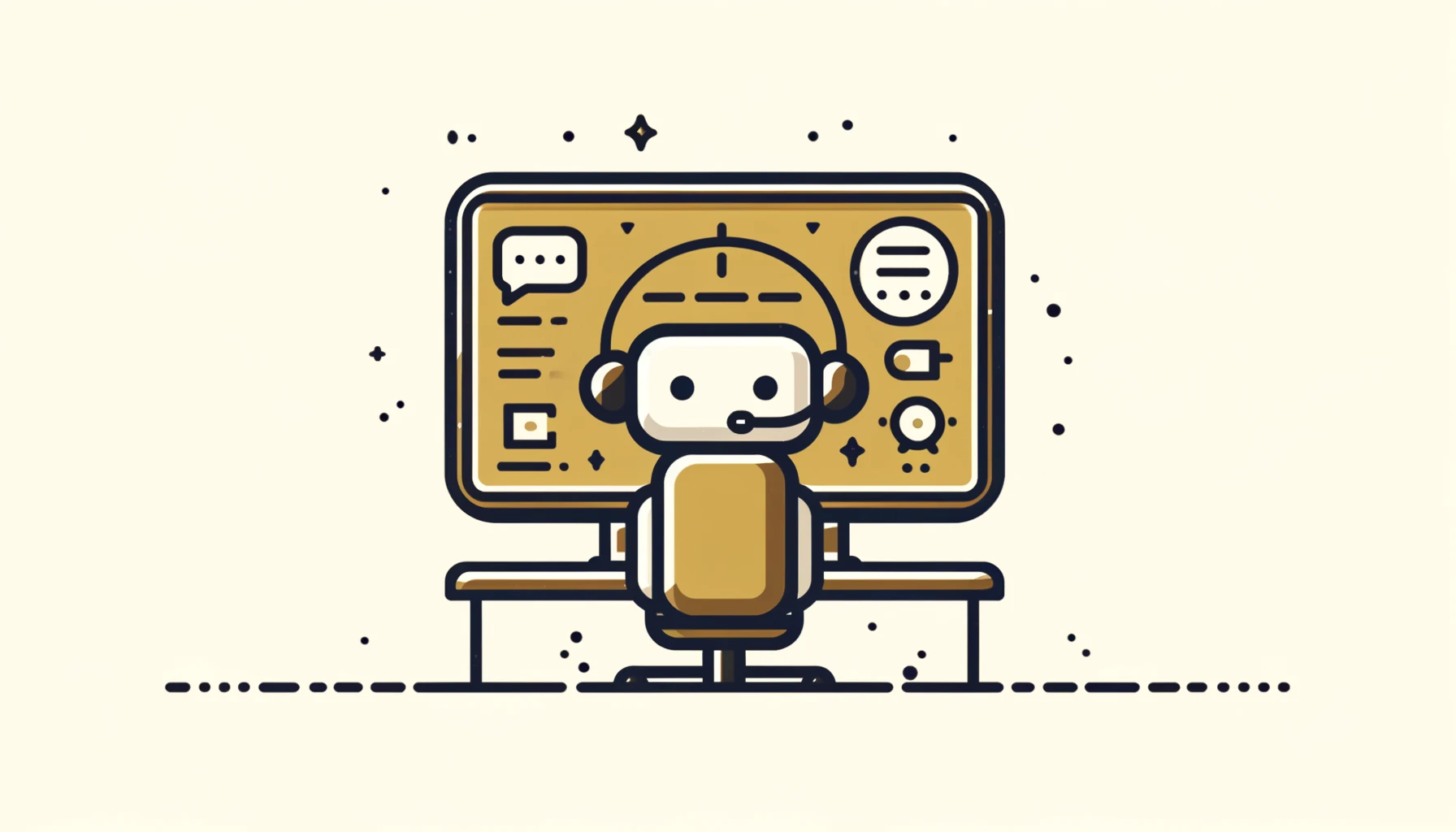
The application of generative AI has sparked a revolution, particularly through the innovation of healthcare chatbots. These virtual assistants use advanced technology to engage in natural conversations with patients, providing them with instant access to medical advice, appointment scheduling, medication reminders, and health information. Healthcare chatbots offer personalized responses, enhance patient engagement, and make healthcare more accessible and efficient. Also, these chatbots enable continuous support, data collection, and operational optimization, ultimately improving the overall patient experience and transforming the delivery of healthcare services.
Medical language generation
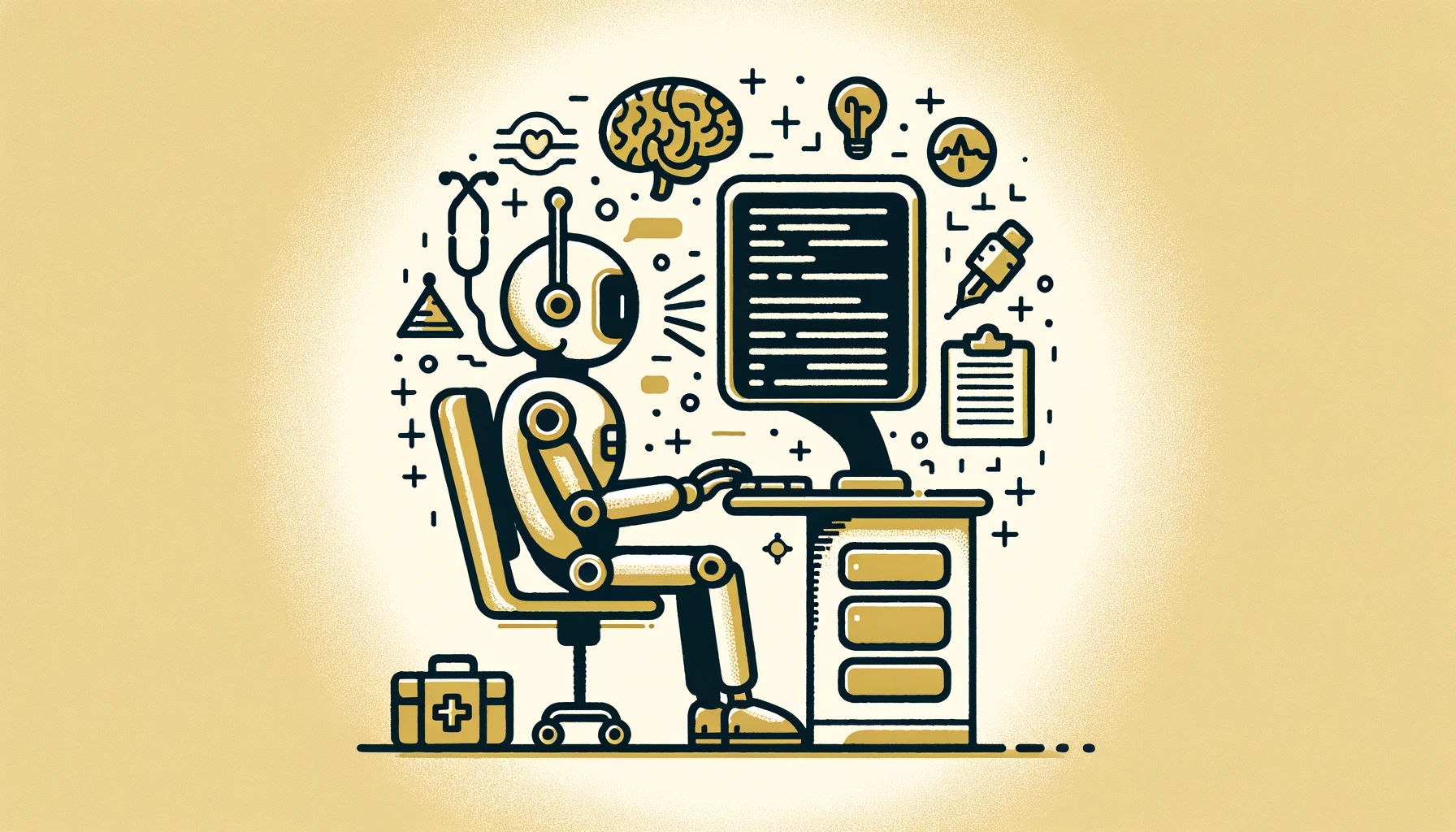
This technology is adept at swiftly producing comprehensive medical documentation, such as reports, patient histories, and treatment plans, facilitating seamless communication among healthcare professionals. By enabling efficient translation of medical information across languages and reducing transcription errors, medical language generation enhances operational efficiency. This technology also improves accuracy and overall patient care within the healthcare sector. Additionally, automating administrative tasks further streamlines processes and improves the quality of care for patients.
Conclusion
Generative AI stands at the forefront of transforming healthcare practices. It offers a broad range of applications that enhance patient care, streamline processes, and drive medical advancements. From revolutionizing medical imaging and drug discovery to enabling personalized treatment plans, this innovative technology is reshaping the healthcare landscape. It also plays a crucial role in disease diagnosis, enhancing accuracy and efficiency in healthcare practices. With its potential for predictive maintenance of medical devices, virtual patient generation, and healthcare chatbots, this technology is leading to more efficient and precise healthcare services. Additionally, it is driving a patient-centric approach to healthcare delivery. As generative AI continues to evolve and integrate into healthcare systems, its profound impact on treatment outcomes, operational efficiency, and the overall patient experience is promising. This sets the stage for a future where transformative technologies drive innovation and improve healthcare at unprecedented levels.
